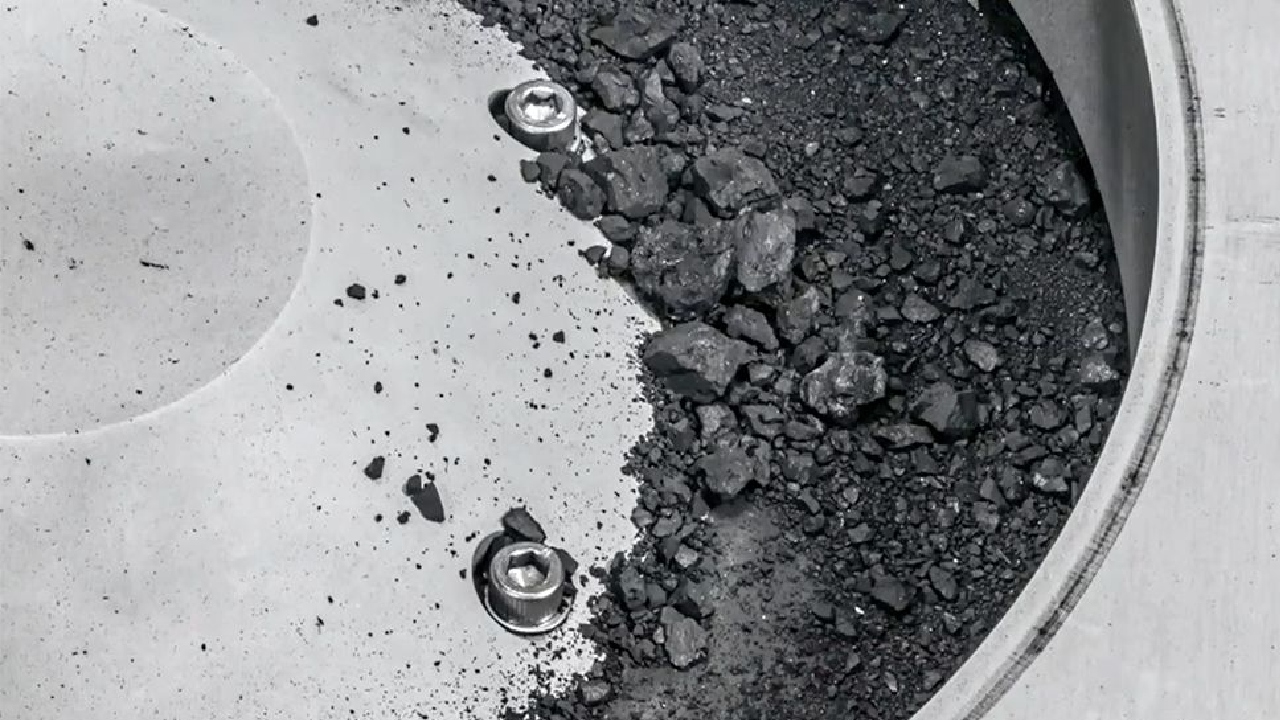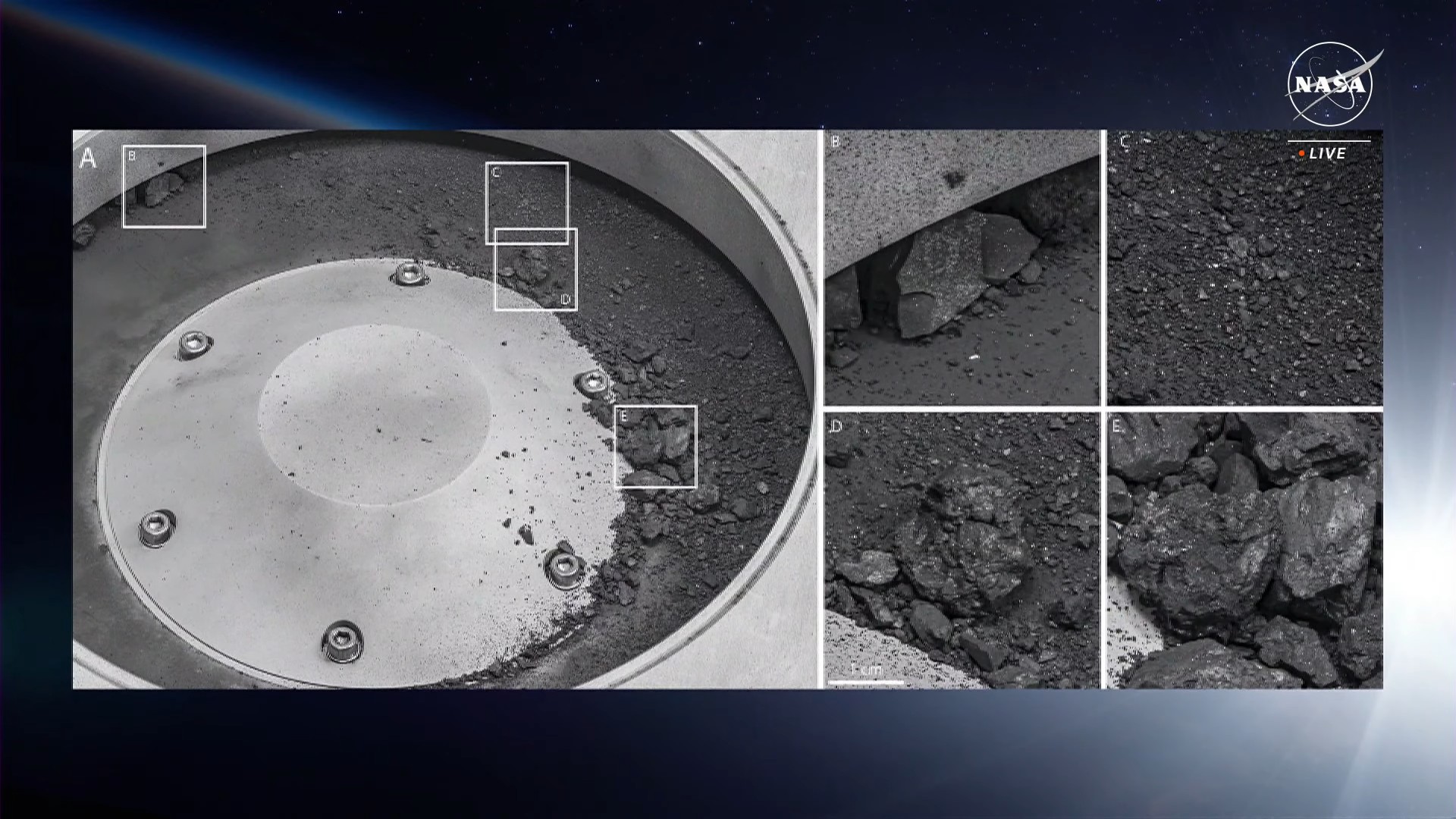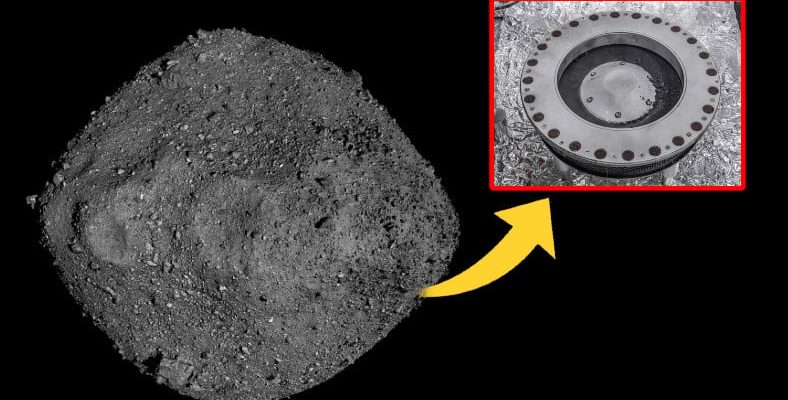NASA held a meeting about the samples brought to Earth from the 4.5 billion-year-old asteroid Bennu. The meeting, which brought us the first images and findings, showed that the asteroid is rich in carbon and water.
The historic OSIRIS-REx mission, which started in 2016, was completed on September 24, 2023. NASA, on this date From the 4.5 billion year old asteroid Bennu brought the samples to Earth. The samples, which also have the potential to provide information about the formation of our solar system, have been examined for 17 days at the Jahnson Space Center in Texas, USA.
NASA held a live-streamed meeting about the samples brought from Bennu today. At the meeting, the first images of samples from the depths of space and the first findings resulting from the analysis were shared.
Bennu contains both carbon and water!
In the images, it can be seen that the collected samples consist of black dust and rocks. According to NASA, the first findings indicate that the 4.5 billion-year-old asteroid is as expected. in terms of carbon He revealed that he was rich. In addition, the asteroid contains water It was also announced by the agency. The fact that both are the building blocks of life is an indication of how important this research is.
NASA examined the samples over a two-week period using methods such as scanning electron microscopy, chemical element analysis, X-ray diffraction and infrared measurements. As a result of these rapid analyses, it was revealed that it was rich in carbon and water.

NASA, asteroid to the origins of life He emphasized that he could provide information about President Bill Nelson also said about Bennu, “The OSIRIS-REx samples are the most carbon-rich asteroid samples ever returned to Earth. “It will help scientists investigate the origins of life on our planet for future generations.” he said.

In addition, the agency The formation of the solar system, how the building blocks of life emerged on Earth and what precautions should be taken against the possibility of an asteroid impact He also adds that he will help us with issues such as. These rocks and dust, full of secrets, will reveal new information as a result of years of investigation.
Analysis of samples taken from Bennu is just beginning. Experts from around the world will continue to examine the samples. We will be able to access new information as time goes by.
For detailed information about Bennu Asteroid;
RELATED NEWS
When you learn the doors that will be opened by the samples brought by NASA from the Bennu Asteroid, you will want the mystery to be solved as soon as possible.
Source :
https://www.nasa.gov/news-release/nasas-bennu-asteroid-sample-contains-carbon-water/
